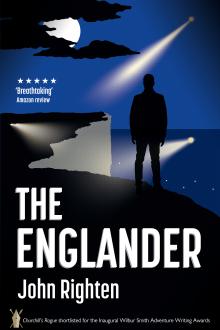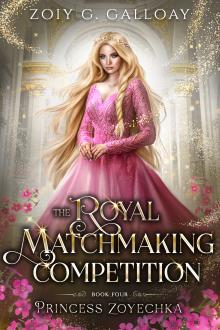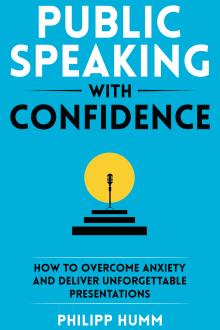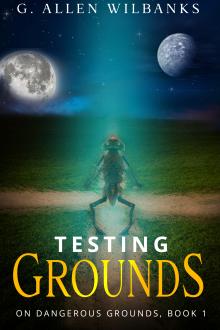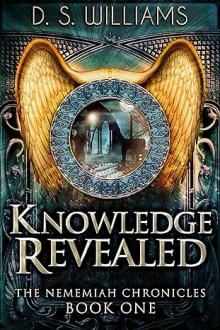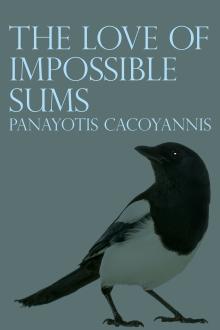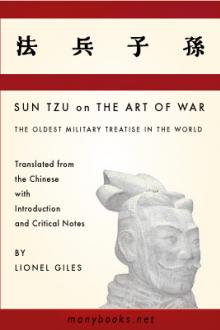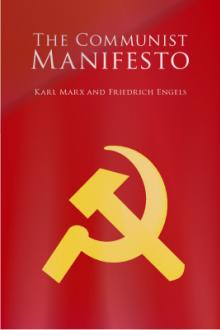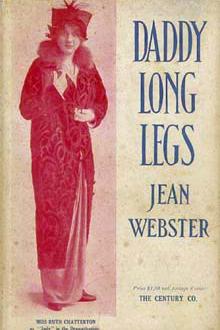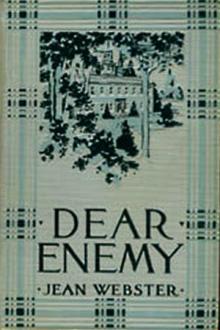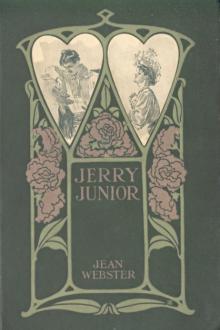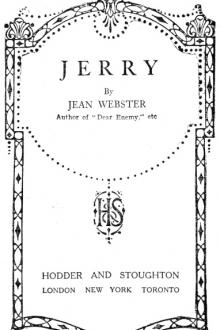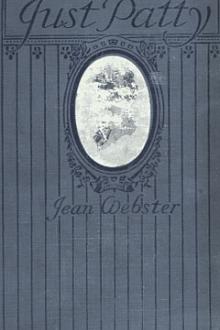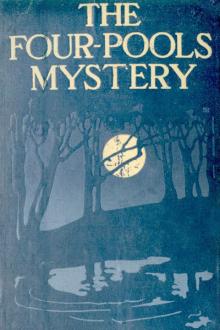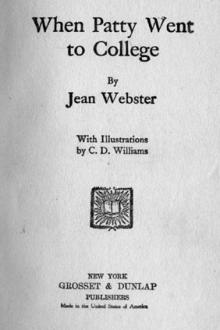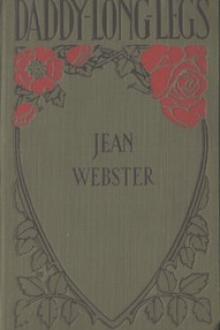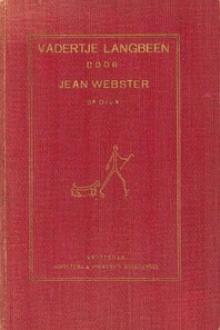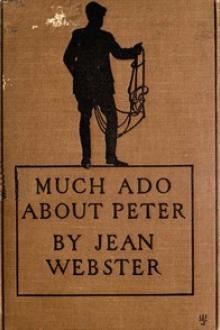The Wheat Princess
The Wheat Princess
FREE EBOOKS AND DEALS
(view all)Popular books in Fiction and Literature, History, Politics, Romance
Readers reviews
4.0
LoginSign up
In an unprecedented act in the late 1890s, a young Chicago financier, Joseph Leiter, cornered the wheat market on the Chicago Board of Trade. Essentially, he owned all the wheat produced in America and contracts for all of it that was going to be produced the next season. Ultimately, he lost big and had to be bailed out by his father, but for a brief period, Leiter was the King of Wheat. This act of financial wizardry — or chicanery, depending on your point of view — inspired quite a few novelists of the time, most notably Frank Norris in his 1903 "The Pit," which makes the action at the CBOT surprisingly thrilling. In "The Wheat Princess" (1916), Jean Webster, author of the much lighter weight "Daddy Long-Legs," focuses on the impact of such a wheat monopoly abroad, specifically in Italy, which then, as now, relied strongly on imported wheat to feed its pasta-dependent populace. Newly unified as a nation, the Kingdom of Italy suffered with corrupt and incompetent politicians, bank scandals, a weak economy, a massive national debt, a debased currency, rampant unemployment, crippling taxes on the poor, police oppression, including secret police who spied on citizens and read their mail, and a large population of impoverished peasants about whom the country's upper classes were callously unconcerned—except in regards to crushing their protests. (Sound familiar? How history repeats itself!) Against this setting, Webster depicts a community of rich American expatriates, including the brother and daughter of an off-stage, fictional Wheat King. The brother, Howard Copley, a millionaire in his own right, is a meddlesome do-gooder who believes that handouts to the starving beggars will "pauperize" them, and they should instead be rounded up and made to work. The daughter, Marcia, blithely ignorant of both the peasants' plight and her father's role in doubling the price of their staple foodstuff, believes that since they appear happy as they are, they aren't in real hardship and don't want anything better. And anyway, they are picturesque, and bringing in McCormick reapers and other tools for efficient agriculture will spoil the view. Italy is her playground. The novel's plot is a coming-of-age story of Marcia as her eyes are opened — with, of course, the help of a man. Her slow awakening is somewhat tiresome, but seems realistic for a young woman of her time and background. (I imagine that many children of today's 1% are equally dim-witted.) The romance is predictable. However, Webster's evocative descriptions of Italy at the end of the 19th century and her grasp of its sociopolitical and economic situation, along with the fascinating parallels to 21st-century America, make "The Wheat Princess" well worth reading.
.
.
- Upvote (0)
- Downvote (0)
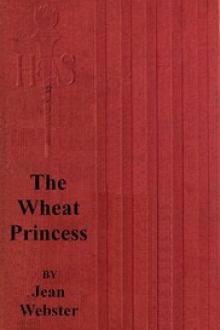
 Free Download
Free Download